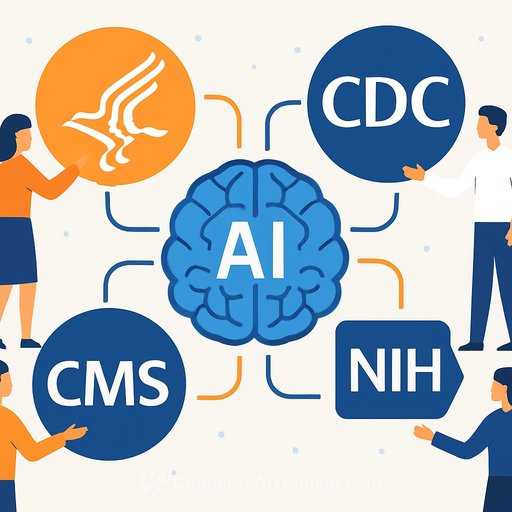SG60: Three Key Trends Shaping Business Operations
As Singapore steps into a new decade, businesses and investors face a global economic landscape marked by uncertainty and change. To maintain a competitive edge, it’s crucial to adapt strategies to evolving market conditions. Three major trends stand out for their impact on business operations and investment outcomes: artificial intelligence (AI), sustainability, and demographic shifts.
Artificial Intelligence and Robotics: Changing How Work Gets Done
The pace of AI adoption is astonishing. For instance, ChatGPT reached a million users in just five days, compared to 74 days for the iPhone. The blend of AI, robotics, and advanced digital infrastructure is transforming industries, from how tasks are performed to customer interactions.
In manufacturing, which contributes significantly to Singapore’s economy, AI combined with IoT and advanced techniques is helping companies optimize operations and stay competitive amid global challenges. Beyond production, AI accelerates routine work and enhances strategic decisions with precision.
Successful AI integration requires strong leadership, innovation at all levels, and measured risk-taking. Singapore is well-positioned due to its proactive development of AI ecosystems and commitment to global trade partnerships.
Major financial institutions are leading AI adoption by deploying tools like AI agents and chatbots to boost employee productivity and client service. For example, UBS has implemented Microsoft 365 Copilot licenses and an internal AI chatbot to support tens of thousands of employees, enhancing efficiency and client engagement.
Banks such as DBS and OCBC are also embedding AI and blockchain technologies to streamline operations, deliver personalized services, and manage risks responsibly. Governance frameworks ensure ethical AI use, focusing on fairness, accountability, and transparency.
AI’s potential extends beyond the finance sector. It’s becoming essential for all businesses aiming to enhance customer experience and operational agility. For those interested in deepening their AI expertise, platforms like Complete AI Training offer practical courses tailored for various skill levels.
Sustainability and Climate Change: Business Imperatives
Addressing climate change requires coordinated effort across governments, businesses, and communities. Despite geopolitical and economic hurdles, progress towards sustainability continues as an essential priority.
Financial institutions are playing a critical role by financing green initiatives, renewable energy projects, and circular economy practices. For example, OCBC has facilitated hundreds of green and sustainability-linked loans, helping businesses transition to low-carbon operations.
Banks also set ambitious internal goals to reduce emissions. UBS, for instance, aims for net-zero Scope 1 and 2 emissions by 2035, reflecting a commitment to operational sustainability.
Understanding environmental, social, and governance (ESG) factors is increasingly vital. Sustainable business practices contribute to resilience, job creation, and long-term competitiveness. Collaboration between sectors accelerates progress and helps manage the financial risks tied to climate change.
Demographic Changes: Preparing for an Ageing Population
Population ageing is a global trend with significant implications. The number of people over 60 is expected to triple by 2050 compared to 2010. This shift creates challenges and opportunities, especially in health, finance, and urban planning.
Businesses must innovate to serve a longer-living population. This includes designing products and services that support financial security, health, and productivity for older adults.
At the same time, Southeast Asia’s youthful and digitally connected population presents growth potential. With millions of internet users and a rising middle class, the region offers vibrant markets for digitally enabled services and products.
Final Thoughts for Operations Professionals
These three trends—AI, sustainability, and demographic shifts—are reshaping how businesses operate and compete. For those in operations roles, staying informed and agile is key. Embracing AI tools can improve process efficiency and decision-making. Integrating sustainability into operations helps future-proof businesses and meet regulatory expectations. Planning for demographic changes ensures products and services remain relevant.
Continuous learning and strategic adaptation will be essential. Exploring practical AI courses on platforms like Complete AI Training can provide valuable skills to thrive in this evolving landscape.
Your membership also unlocks:






